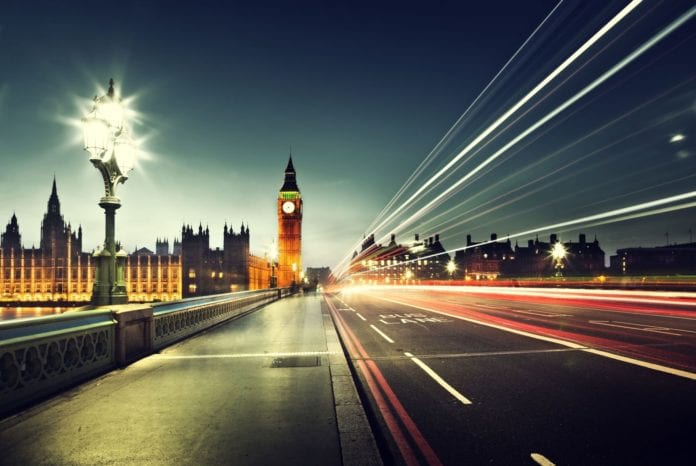The two firms said the small cell deployment will be completed by 2020
U.K mobile operator O2 and compatriot communications infrastructure firm Arqiva confirmed plans to deploy up to 300 small cells across London.
The companies said the small cells will offer enhanced mobile data capacity and coverage in some of London’s busiest districts.
The contract stipulates the deployment of small cells in a number of boroughs including the Borough of Hammersmith and Fulham, Richmond upon Thames, Wandsworth, Camden and Lambeth, among others.
Small cells will be started to be deployed in the coming months with deployment continuing up to 2020.
O2 and Arqiva said the 300 small cells will be installed on street assets, such as lampposts to deliver increased capacity in areas where mobile data demand is particularly high, for example outside transport hubs and major shopping areas.
The agreement also paves the way for the future deployment of 5G connectivity.
“New types of mobile infrastructure are now required to meet the needs of the mobile network operators and their customers. As demand for data continues to increase, the requirement for network densification will grow and use of street furniture and small cells will play a critical role in delivering the mobile networks of the future,” said David Crawford, managing director, telecoms & M2M at Arqiva.
“Our partnership with Arqiva reflects this belief and demonstrates our commitment to exploring opportunities to provide the increased capacity and denser coverage our customers deserve in the areas they need it most,” said Brendan O’Reilly, chief technical officer, at O2.
In related news, U.K telco Vodafone completed the first test of new 5G spectrum across an existing live network between Manchester and the company’s headquarters in Newbury, Berkshire.
The operator said that the test marks the first time that the 3.4 GHz radio frequency allocated for 5G has been used in the U.K. The test was carried out just a week after Vodafone secured 50 megahertz of spectrum in the 3.4GHz band after paying £378 million ($536.8 million).
Other telcos who had obtained 5G spectrum in Ofocom’s recent auction were BT-owned EE (40Mhz) O2 (40MHz) and Three ( 20Mhz).
“5G will improve the quality of our lives and transform how we work. This next generation technology will enable medical services that could save lives, from remote surgery to remote care for the elderly. It will enhance industrial applications, from automated systems to robotics, helping manufacturers across the UK boost their productivity. And it will enable families to share their experiences with loved ones wherever they are, thanks to innovations like augmented reality,” said Nick Jeffery, Vodafone UK CEO. “This test is just the beginning. We are now preparing our network for 5G while continuing to increase the capacity and extend the reach of our existing 4G network.”
To carry out the 5G spectrum test, Vodafone used a site at its Manchester contact center, which houses around 1,000 customer service employees, and its offices in Newbury. The test relied on Massive MIMO technology combined with 3.4 GHz spectrum running over the firm’s core 4G network.

